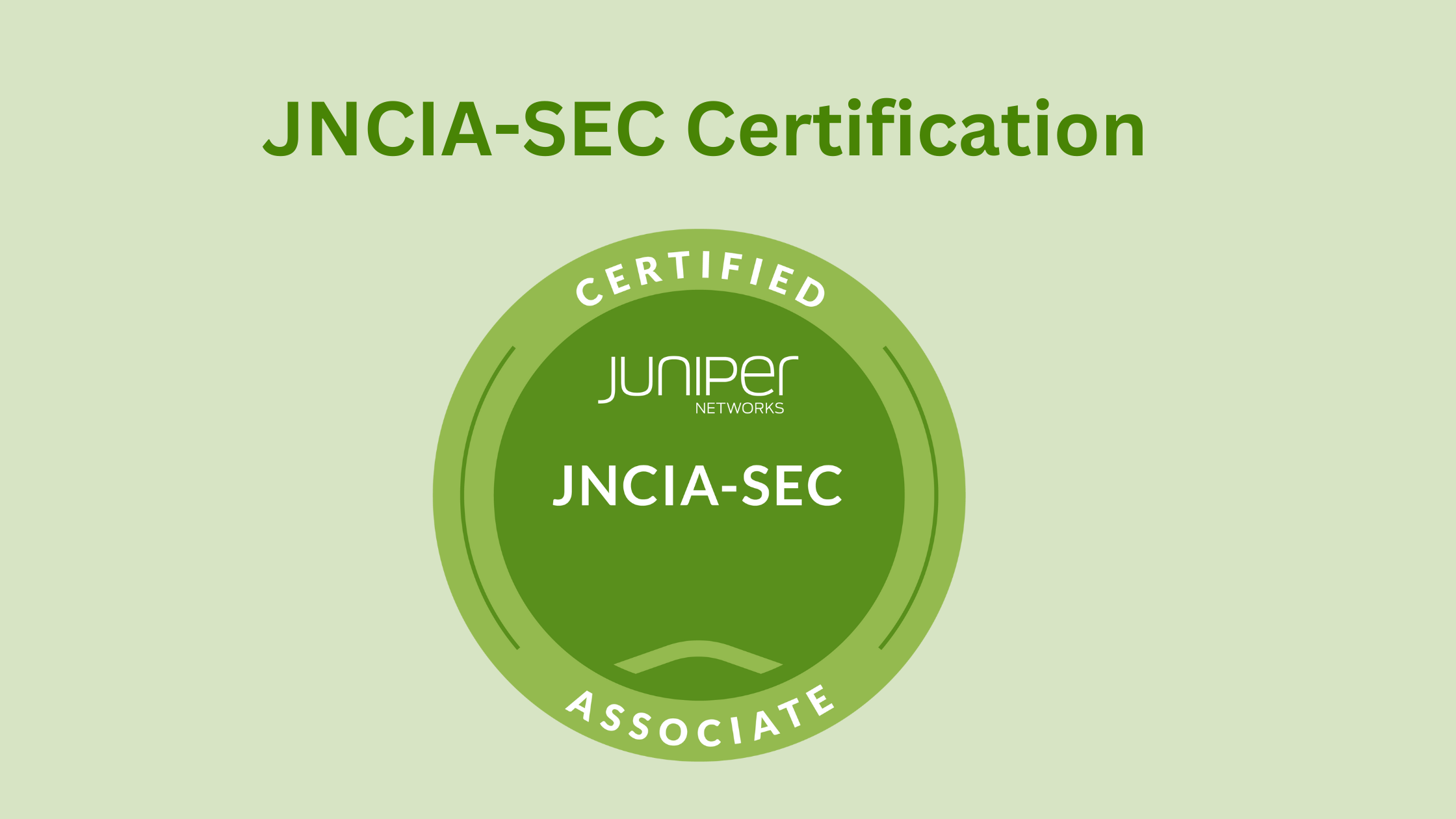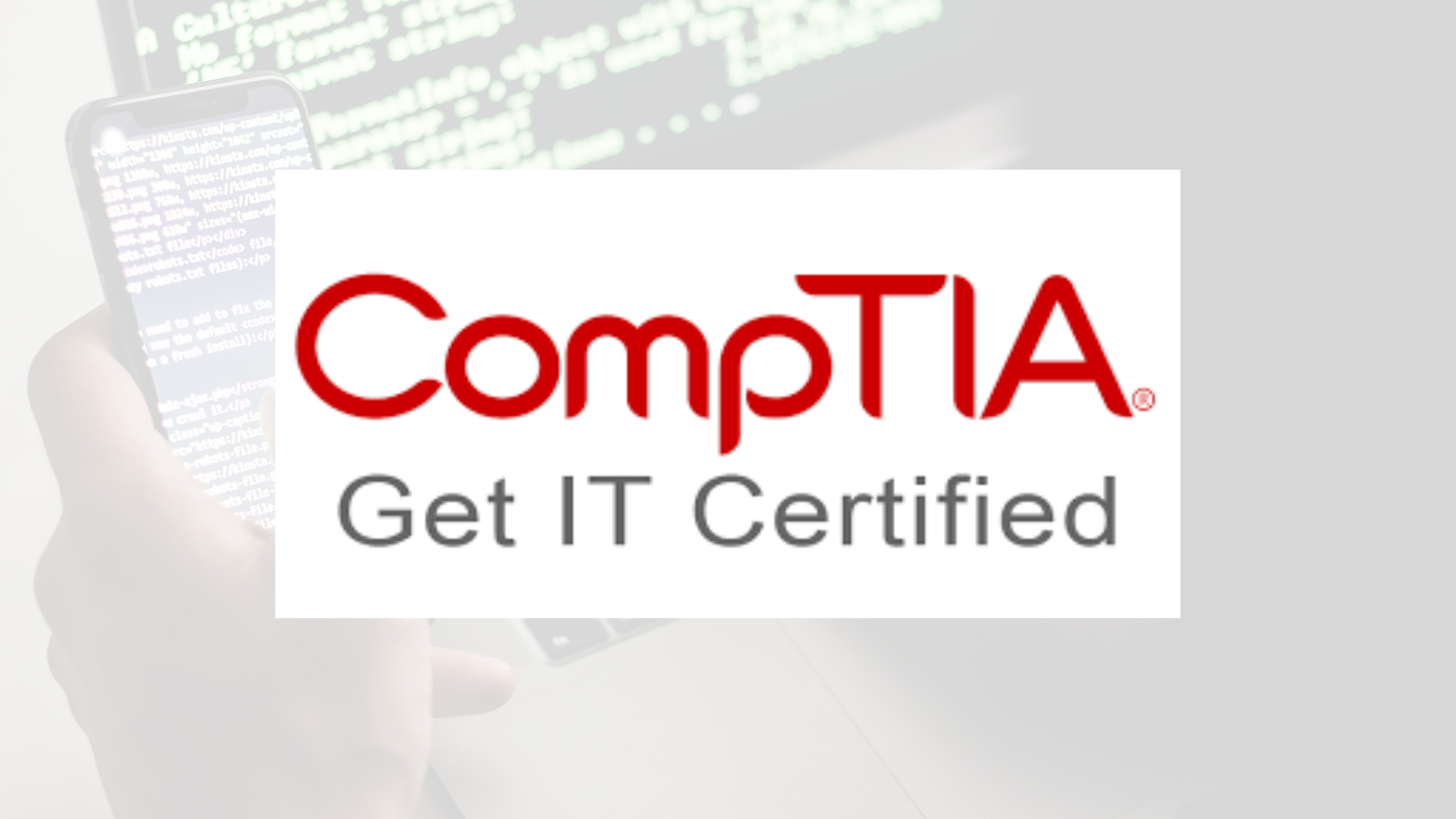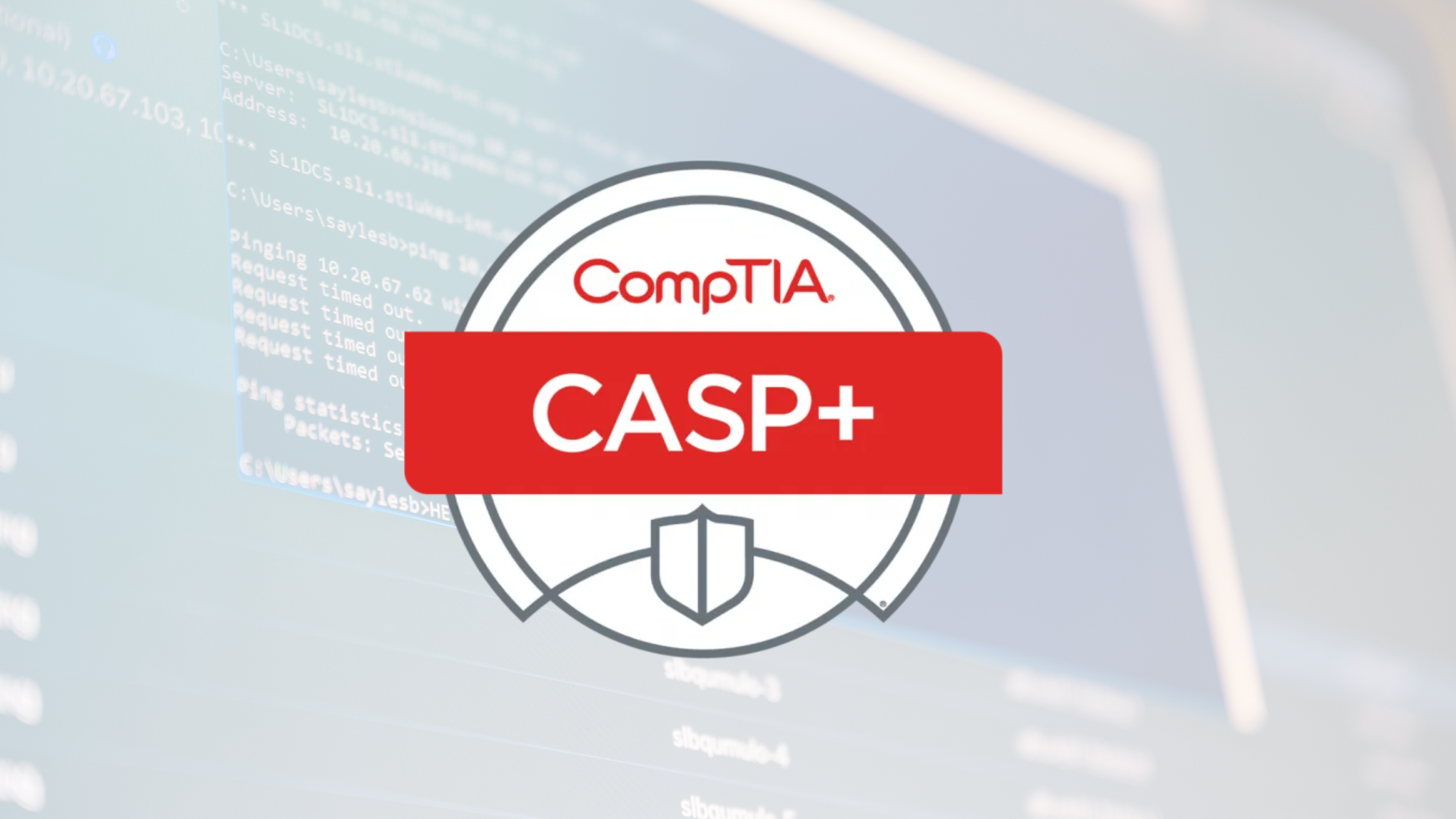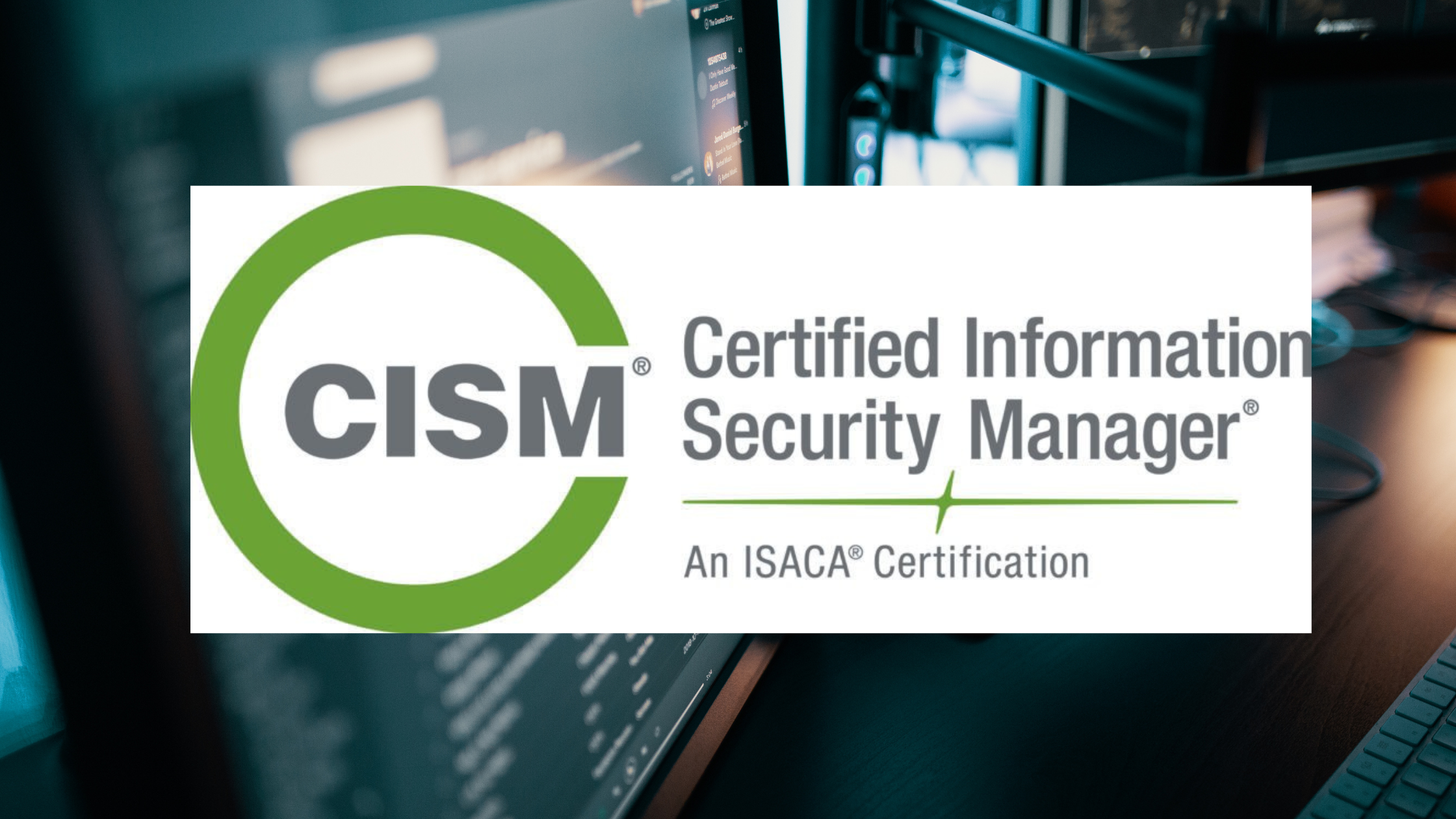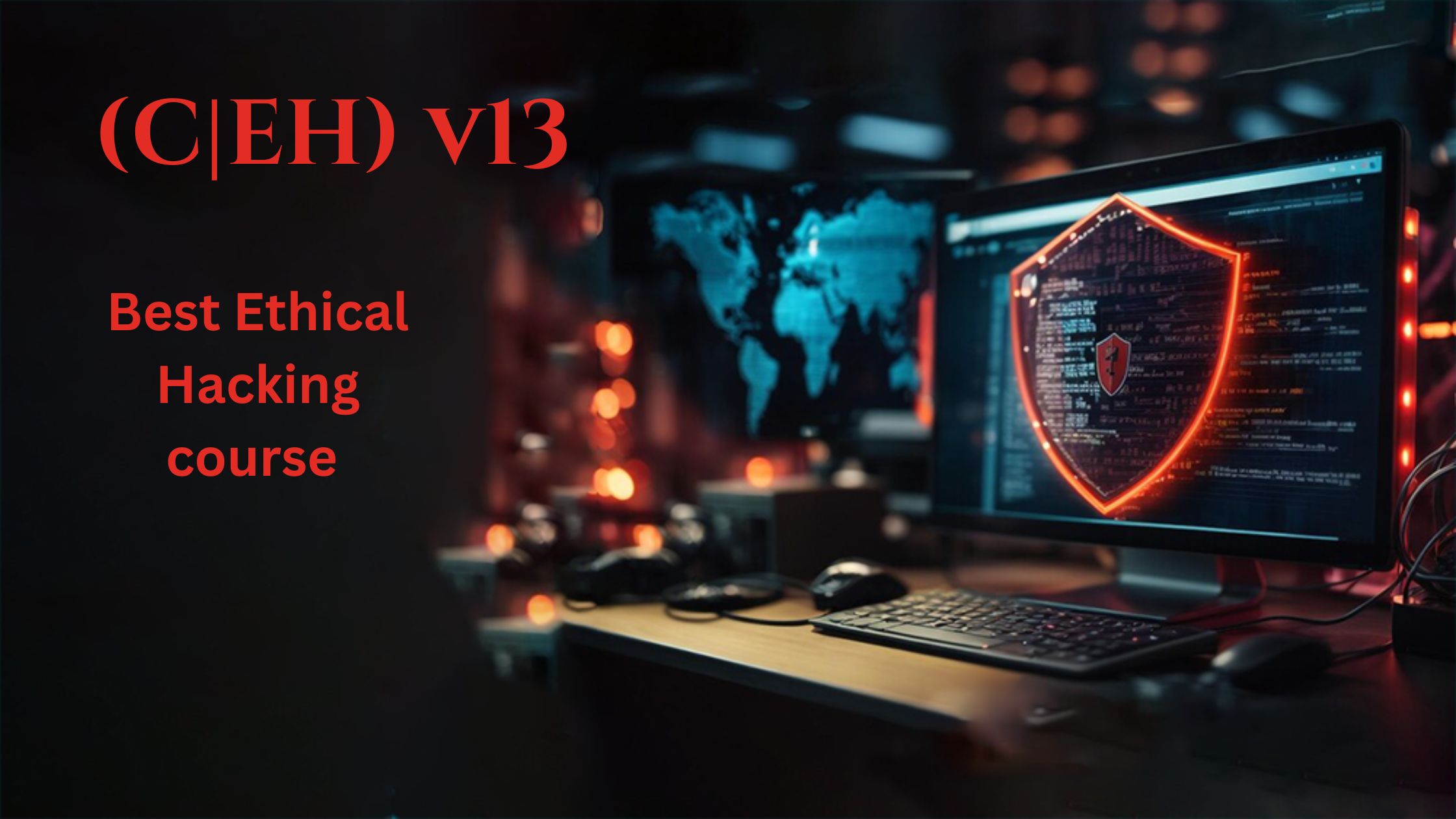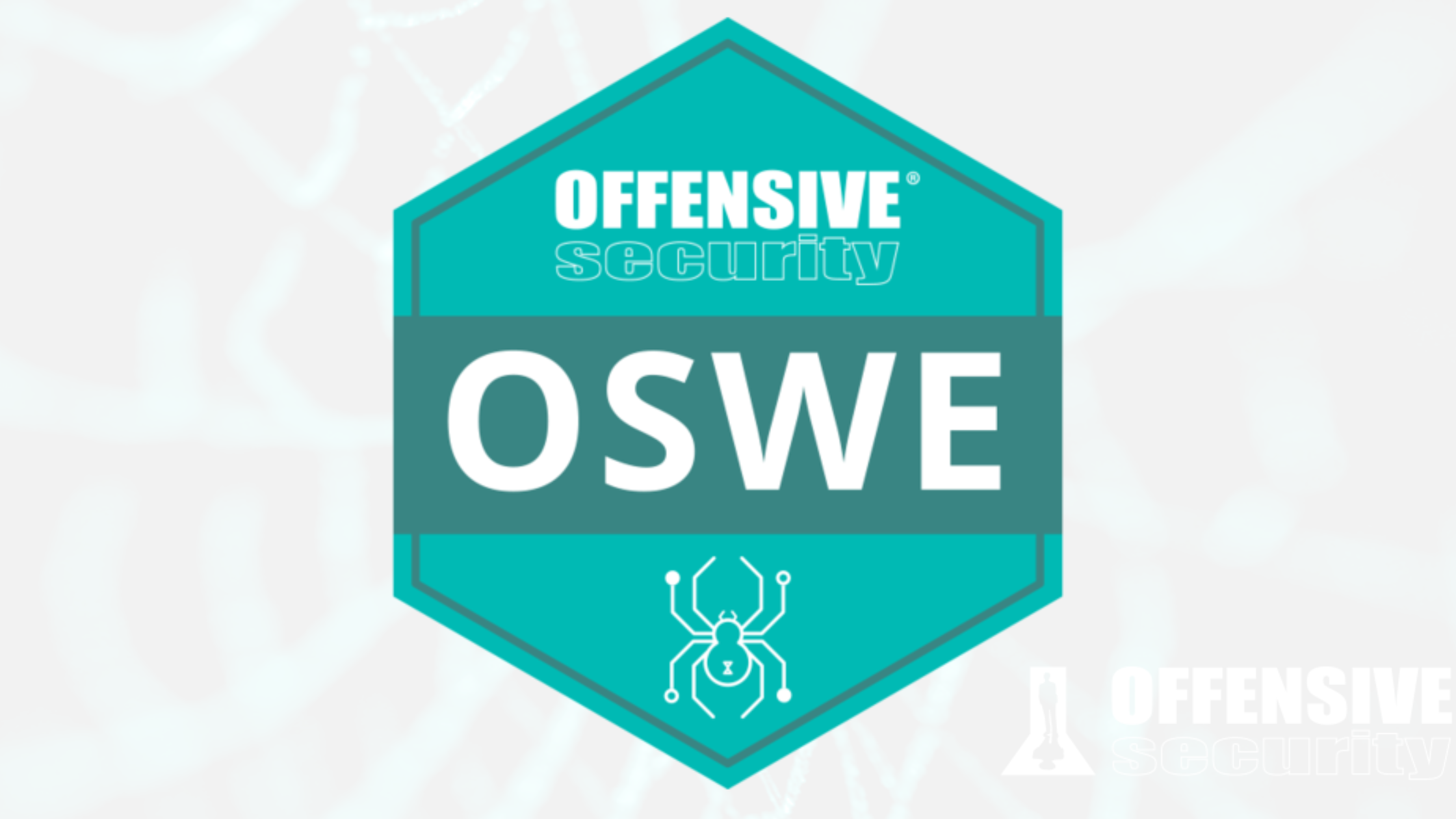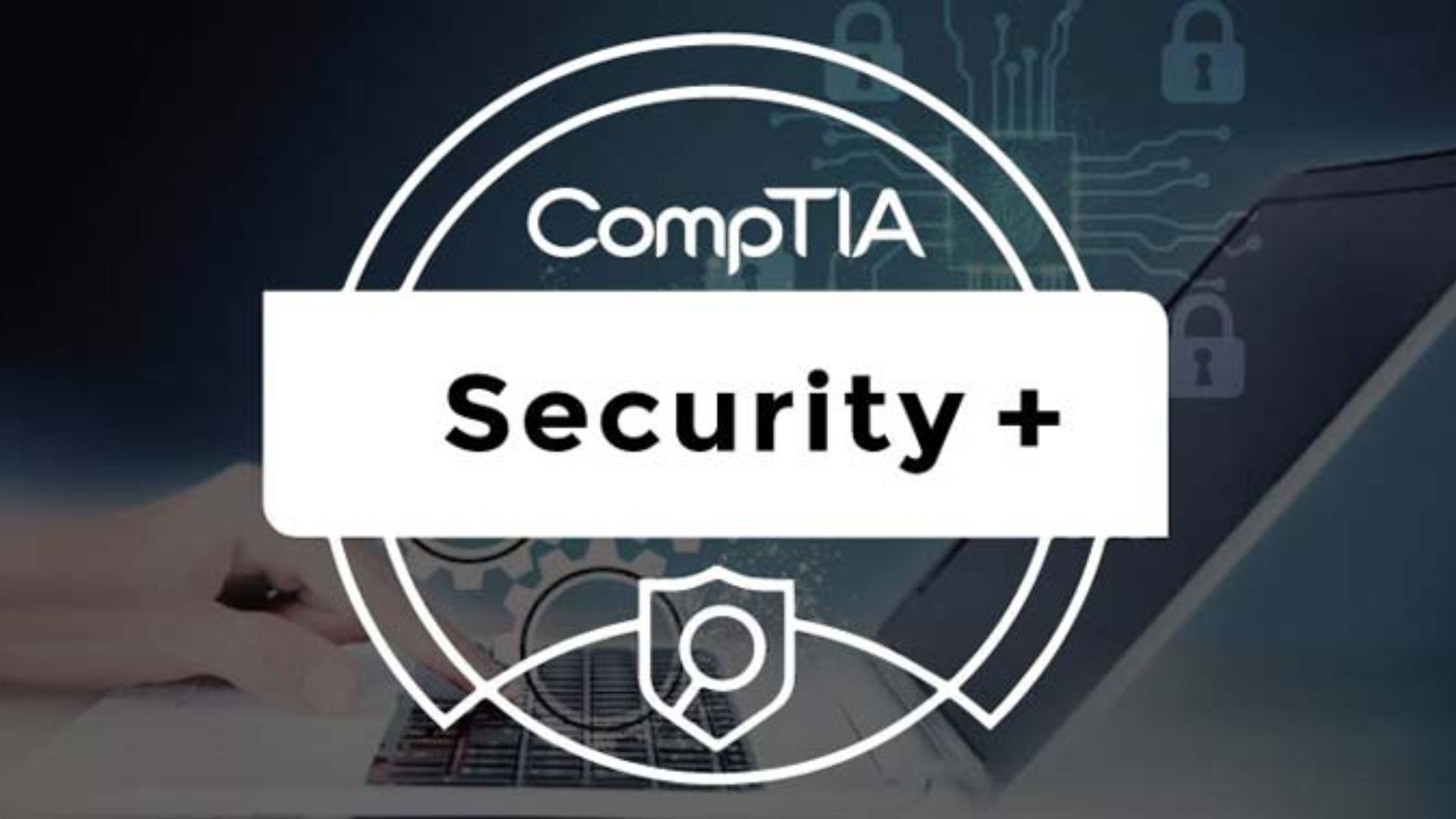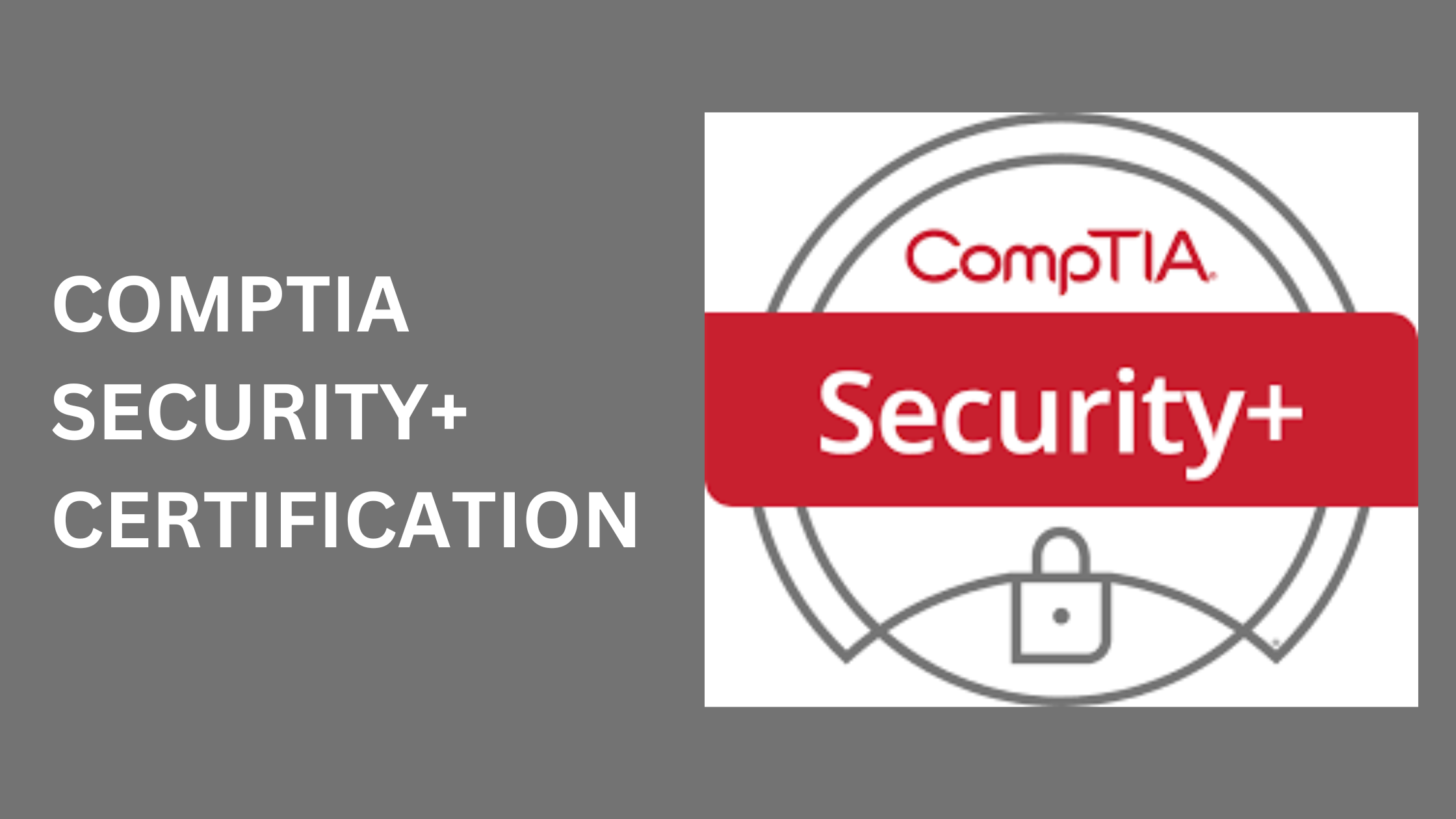The JNCIA-SEC certification is a foundational credential for IT professionals looking to build a career in network security. Offered by Juniper Networks, this certification validates your knowledge of security concepts, Junos OS, and network security technologies. Whether you're a beginner or an experienced professional, earning the JNCIA-SEC certification can open doors to advanced roles in cybersecurity. In this blog, we’ll explore everything you need to know about the JNCIA-SEC certification, including exam details, preparation tips, and career benefits.
What Is the JNCIA-SEC Certification?
The JNCIA-SEC (Juniper Networks Certified Internet Associate - Security) certification is an entry-level credential designed for individuals who want to demonstrate their expertise in Juniper Networks security technologies. It covers fundamental concepts such as security threats, Junos OS, and network security platforms. This certification is ideal for network engineers, security analysts, and IT professionals who want to specialize in Juniper’s security solutions.
Why Pursue the JNCIA-SEC Certification?
- Industry Recognition: The JNCIA-SEC certification is globally recognized and respected in the IT and cybersecurity industries.
- Career Advancement: Earning this certification can help you qualify for roles like network security engineer, security analyst, or Juniper security specialist.
- Skill Validation: It validates your understanding of Juniper’s security technologies and your ability to implement them in real-world scenarios.
- Foundation for Advanced Certifications: The JNCIA-SEC serves as a stepping stone to higher-level Juniper certifications like JNCIS-SEC and JNCIP-SEC.
JNCIA-SEC Exam Overview
To earn the JNCIA-SEC certification, you must pass the JN0-230 exam. Here’s what you need to know about the exam:
- Exam Format: Multiple-choice questions.
- Number of Questions: 65 questions.
- Duration: 90 minutes.
- Passing Score: Approximately 65-70%.
- Exam Fee: $200 USD.
The exam tests your knowledge in the following areas:
- Security Concepts: Understanding of security threats, attack methods, and mitigation techniques.
- Junos OS Fundamentals: Knowledge of Junos OS architecture, configuration, and operational monitoring.
- Security Platforms: Familiarity with Juniper’s security devices, including SRX Series firewalls.
- Policy and Monitoring: Ability to configure security policies and monitor network traffic.
How to Prepare for the JNCIA-SEC Exam
Preparing for the JNCIA-SEC certification requires a structured approach. Here are some tips to help you succeed:
1. Understand the Exam Objectives
Start by reviewing the official exam blueprint provided by Juniper Networks. This document outlines the topics covered in the exam and their weightage. Focus on areas with higher weightage to maximize your score.
2. Use Official Study Materials
Juniper Networks offers official study resources, including the JNCIA-SEC study guide and Junos OS documentation. These materials provide in-depth coverage of the exam topics and are essential for your preparation.
3. Hands-On Practice
Set up a lab environment using Juniper’s virtual SRX firewalls or physical devices. Hands-on practice is crucial for understanding Junos OS configuration, security policies, and troubleshooting.
4. Take Practice Exams
Practice exams simulate the actual test environment and help you assess your readiness. They also familiarize you with the question format and time constraints.
5. Join Online Communities
Participate in forums and study groups dedicated to Juniper certifications. Engaging with other candidates can provide valuable insights and tips for the exam.
6. Enroll in Training Courses
Consider enrolling in instructor-led or self-paced training courses offered by Juniper Networks or authorized training partners. These courses provide structured learning and expert guidance.
Career Benefits of the JNCIA-SEC Certification
Earning the JNCIA-SEC certification can significantly enhance your career prospects. Here’s how:
- Increased Job Opportunities: Many organizations prefer candidates with Juniper certifications for roles involving network security.
- Higher Earning Potential: Certified professionals often command higher salaries compared to their non-certified peers.
- Skill Enhancement: The certification equips you with practical skills that are directly applicable to real-world scenarios.
- Professional Credibility: It demonstrates your commitment to professional development and expertise in Juniper’s security solutions.
Why Choose Juniper Networks for Security Certifications?
Juniper Networks is a leading provider of networking and security solutions. Their certifications are highly regarded in the industry and offer several advantages:
- Comprehensive Curriculum: Juniper’s certification programs cover a wide range of topics, from basic to advanced levels.
- Hands-On Learning: The emphasis on practical skills ensures that certified professionals are job-ready.
- Global Recognition: Juniper certifications are recognized by employers worldwide, making them a valuable addition to your resume.
Conclusion
The JNCIA-SEC certification is an excellent starting point for IT professionals aspiring to build a career in network security. It validates your knowledge of Juniper’s security technologies and provides a strong foundation for advanced certifications. By following a structured study plan, leveraging official resources, and gaining hands-on experience, you can successfully pass the JN0-230 exam and earn your JNCIA-SEC certification.
